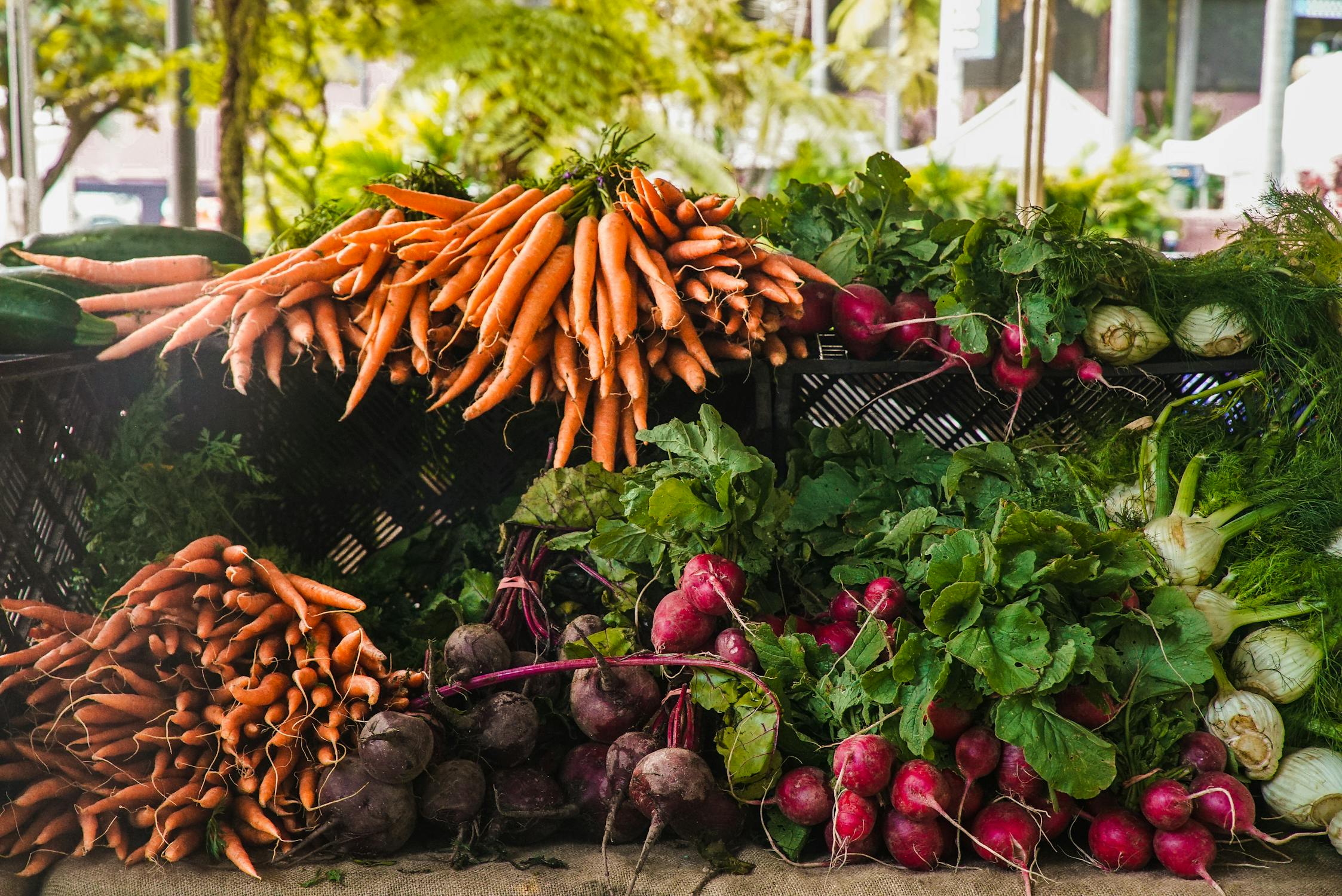The food industry, a vital part of our daily lives, is facing a multitude of challenges in the pursuit of sustainability. As concerns about climate change, environmental degradation, and resource scarcity escalate, the need for sustainable practices in food production and consumption becomes increasingly urgent. One significant aspect of this endeavor is the use of eco-labels to inform consumers about the environmental impact of their food choices. However, the food industry must grapple with several issues when it comes to sustainability and eco-labels.
Inconsistent and Confusing Eco-Labeling
One of the primary obstacles in the food industry's sustainability journey is the lack of consistency and clarity in eco-labeling. Eco-labels aim to provide consumers with information about a product's environmental impact, such as its carbon footprint, water usage, and ethical sourcing. However, numerous different eco-labels exist, each with its own set of criteria and standards. This proliferation of labels can lead to confusion among consumers and make it difficult for them to make informed choices.
To address this issue, stakeholders within the food industry, including manufacturers, retailers, and regulatory bodies, need to work together to establish standardized and transparent eco-labeling systems. This collaboration could involve creating a unified framework that outlines clear criteria for sustainability and developing a recognizable label that is widely accepted and understood by consumers. By streamlining eco-labeling, the food industry can provide consumers with reliable and consistent information to guide their purchasing decisions.
Another significant challenge in the food industry's sustainability efforts is greenwashing - the act of conveying a false impression of environmental responsibility. Some companies may use misleading language, images, or eco-labels to portray their products as more sustainable than they actually are. This practice undermines consumer trust and makes it difficult for genuinely sustainable products to stand out in the marketplace.
To combat greenwashing, independent certification and verification systems can play a crucial role. Third-party organizations can assess and certify products and their claims, providing consumers with assurance and confidence in the sustainability of their choices. By obtaining credible certifications, companies can demonstrate their commitment to genuine sustainability and differentiate themselves from those engaging in greenwashing.
The global nature of the food industry presents complex supply chains, which can make traceability and accountability challenging. From farm to fork, food products may go through numerous intermediaries, making it difficult to track their environmental impact at each stage. Without this transparency, it becomes arduous for consumers to identify the true sustainability of their food choices.

The Solution: Enhanced Traceability Systems
To overcome this challenge, the food industry needs to invest in robust and transparent traceability systems. Leveraging technologies such as blockchain, companies can trace the journey of their products, providing accurate and detailed information about each step in the supply chain. This transparency will allow consumers to make informed decisions based on the sustainability credentials of the
Sustainability and eco-labeling are critical considerations for the food industry as it grapples with the challenges of a changing world. To navigate these issues successfully, the industry needs to prioritize standardization and transparency in eco-labeling, tackle greenwashing through independent certifications, and invest in traceability systems that provide transparency throughout the supply chain. By working collaboratively, the food industry can make significant strides towards a more sustainable and environmentally responsible future, while empowering consumers to make informed choices for a better planet.
Sustainable Foods Summit with Ecovia Intelligence
The 14th European edition of the Sustainable Foods Summit, organized by Ecovia Intelligence, will take place in Amsterdam on 15-16th June 2023. This summit will delve into topics such as circularity, nature-positive production, regenerative agriculture, upcycled foods, green packaging, biodiversity impacts, decarbonization of supply chains, ethical partnerships, precision fermentation, plant-based ingredients, consumer trends, and marketing success stories.
Additionally, the Sustainable Food Awards will be co-hosted alongside the summit on 15th June. This international series of summits, including editions in the Asia-Pacific, Latin America, and North America, focuses on the food industry's sustainability and eco-labeling challenges. For more information and a detailed agenda, please contact us.